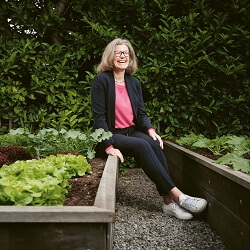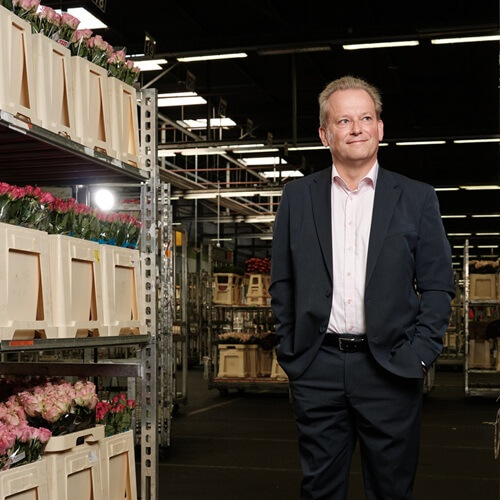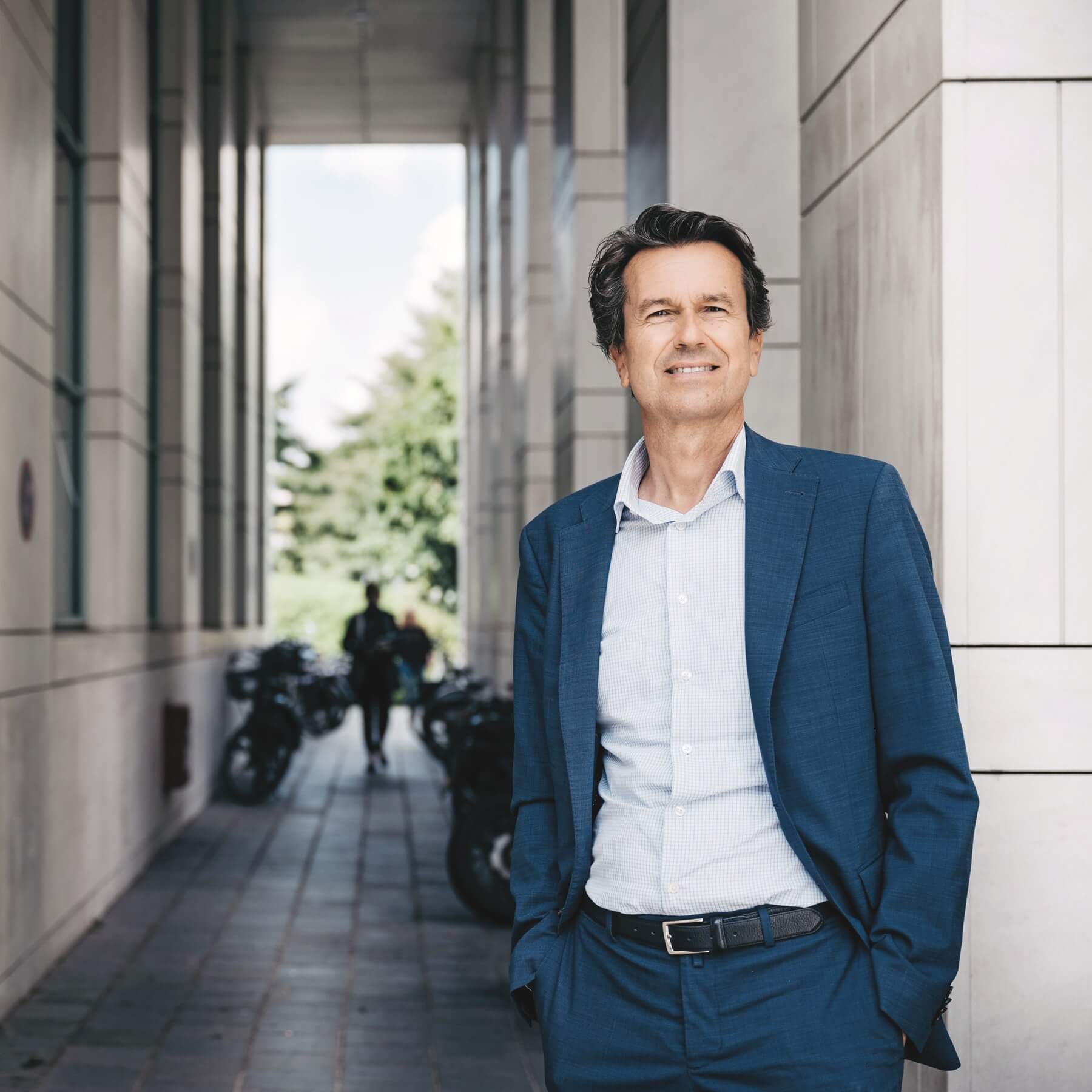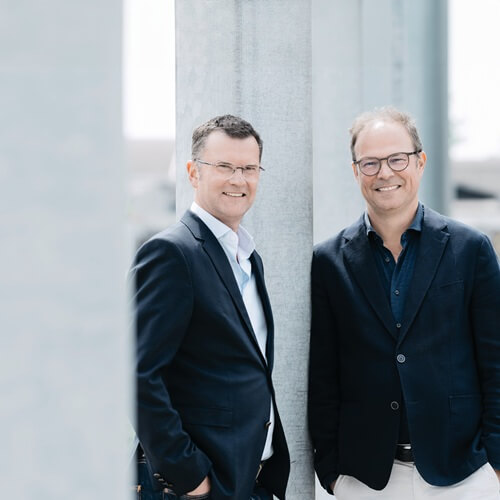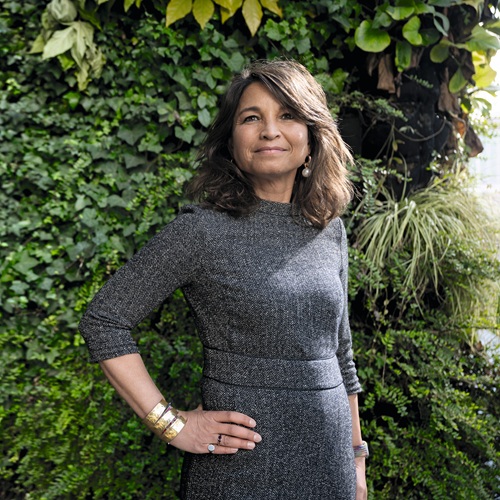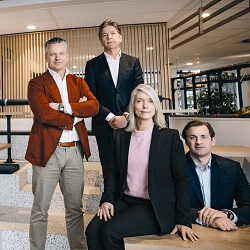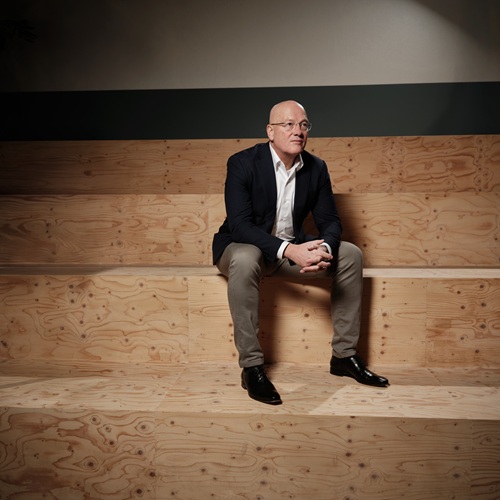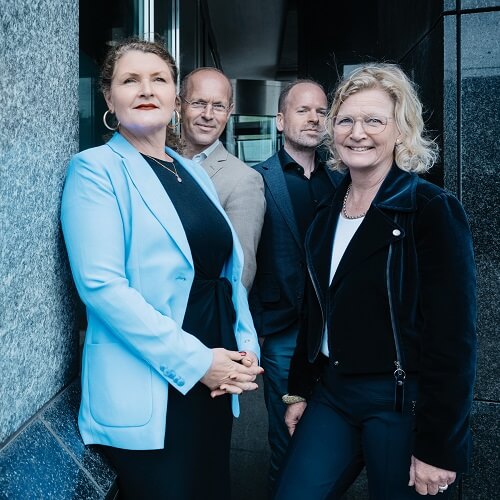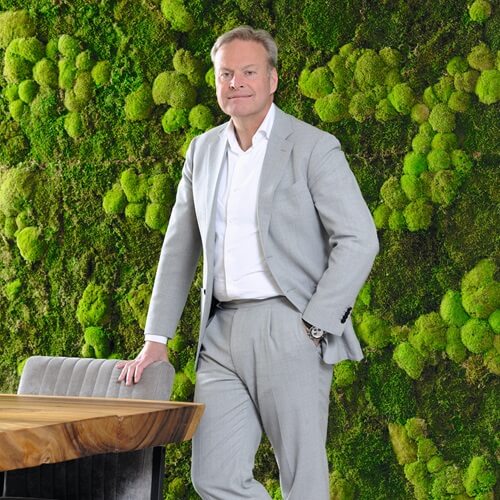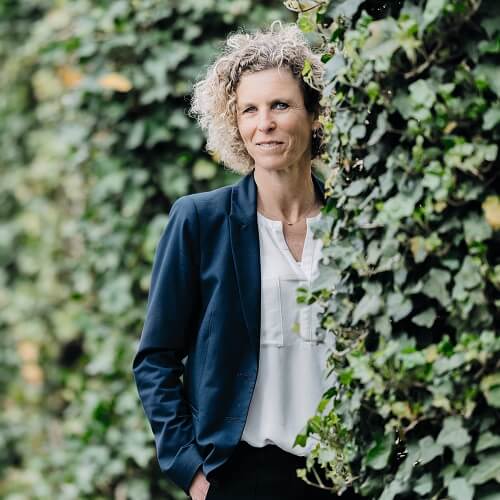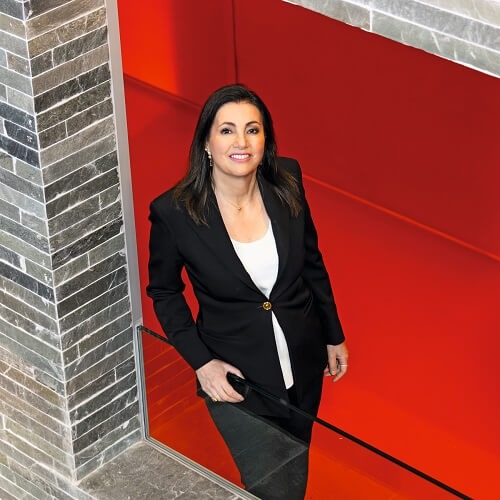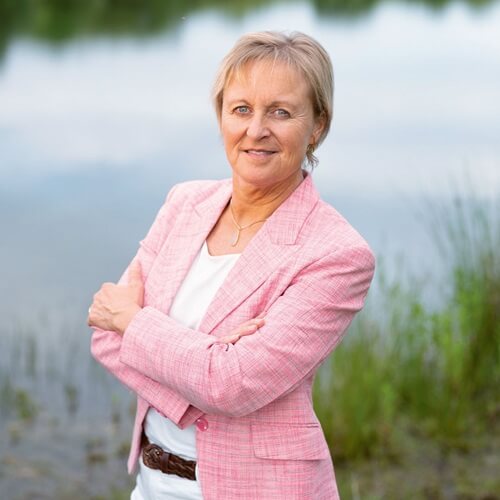Strategy and Innovation
‘Strategy and innovation’ is the heading of this web page. It is a sensible heading, as the two terms are often mentioned in one breath. But why? A strategy is definitely not an example of an innovation and an innovation is not an example of a strategy.
The reason, obviously, is that a good strategy for the year 2020 always includes innovations. When it comes to the implementation of a modern strategy, there is a lot to innovate in the process of implementing the strategy to achieve the goal of the strategy at all (for example: turnover doubling or world domination).
It all sounds abstract and it is, so let's make it concrete. Consider an Internet platform like Facebook. If this company were to choose a new strategy, you know that for the platform, the website, this would lead to dozens if not hundreds of adjustments and innovations. Innovations are then the solutions that have not yet been thought of.
How very different, by the way, innovation used to be. Back then, you thought of a product or a service, and you immediately came up with the idea how that product or service would be created. From A to Z, it was a sophisticated process. Nowadays, it is a matter of experimenting, of trial and error.
Does this trial and error also apply to strategies? At least in new business development, which is often the most adventurous side of a strategy, failure has become acceptable. At least, if failure means that from failure you move on to success. Because when it comes to strategies, times are merciless. Organizations that do not have a strong strategy and corresponding plan risk being quickly overtaken by competitors, old or new. There should be room for experimenting in this age of social innovation. But time is always limited – given that competitors are also feverishly trying to innovate. The objective these days is nearly always implementing digital transformation or a digital transition.
Disruptive innovation
With the advance of digitalization, strategies sometimes become such radically different concepts that they can disrupt entire sectors. This is called disruption and is the starting point for changing value chains. Disruptive innovations increasingly force companies to enhance and then maintain their agility. Agile organizations respond more easily and quickly to trends and developments in the market. Digitalization is nearly always at the heart of a new strategy, that much is clear. But there is more to it than that because our society is also changing radically in other ways. And finally, what about the effect of digital business processes and cloud computing, which facilitate working from home and support agile organizations?
Mission and Vision
In addition, consumers increasingly expect that companies and other organizations have a good story to tell: a story that pays attention to the environment, climate, stakeholders internationally and their own employees. Focusing on social impact is the overall theme, as it has also been named as an important theme by Management Scope, alongside diversity. Social impact usually comes down to sustainability, but socially acceptable policies, the ‘S’ of ESG (environmental, social & governance) are also becoming an increasingly important focus point for organizations.

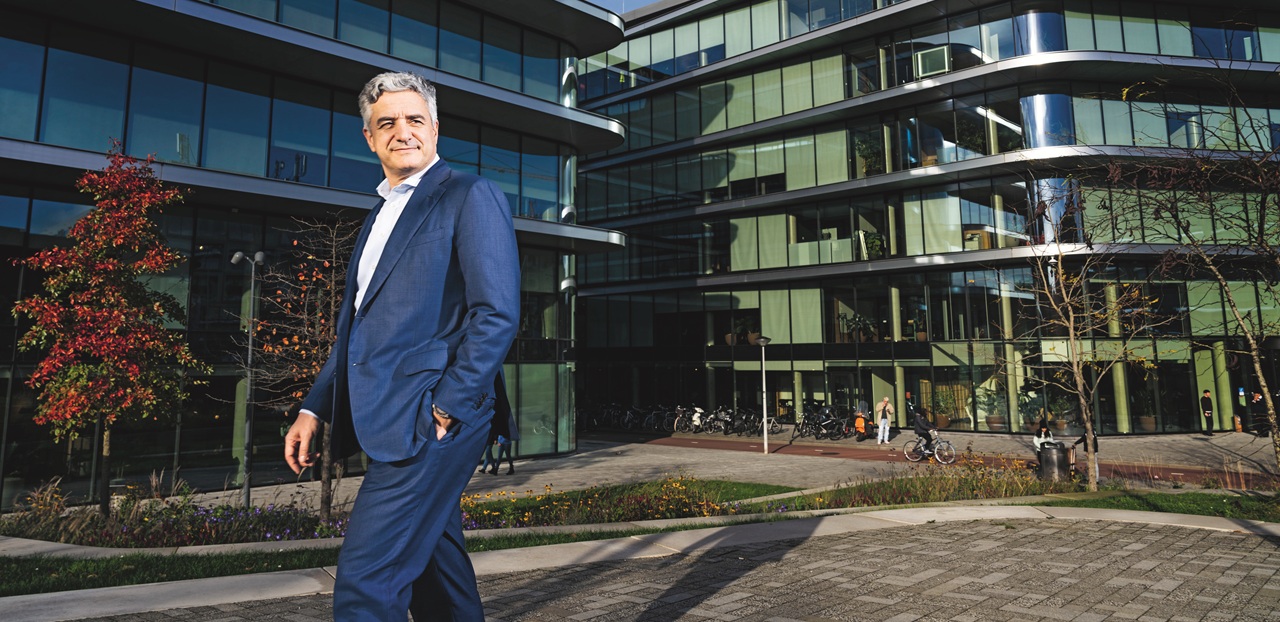
Daniele Tonella (ING): ‘Innovation is also about behavior and governance’
As chief technology officer and member of the management board banking at ING Bank, Daniele Tonella is responsible for the bank's entire IT landscape, with its nearly twenty thousand employees. His mandate covers everything within the organization ‘that contains a chip or line of code’, as he puts it. Tonella discusses his concerns about knowledge development and how technology and organizational development are becoming increasingly intertwined. ‘ING's digital transformation is more a challenge in terms of organization, culture, and governance than a technology issue.’
Read moreRoyal FloraHolland, the world's largest floriculture marketplace, is undergoing a radical digital transformation. It is a complex process with enormous implications for an entire sector. At the helm is CIO André van der Linden. How do you successfully lead a traditional cooperative, built on physical hubs and personal relationships, into the digital age? ‘From the very beginning, the most frequently asked question was: is my data safe with you?’
Despite rising commodity prices, food company Nestlé continues to focus on sustainability. CEO Michel Mersch, responsible for the Benelux region, explains why. ‘If everyone in the supply chain can earn their money fairly, it leads to less volatility in the long run.’
André van der Linden: ‘Make cybersecurity as self-evident as fire safety’
Royal FloraHolland, the world's largest floriculture marketplace, is undergoing a radical digital transformation. It is a complex process with enormous implications for an entire sector. At the helm is CIO André van der Linden. How do you successfully lead a traditional cooperative, built on physical hubs and personal relationships, into the digital age? ‘From the very beginning, the most frequently asked question was: is my data safe with you?’
Michel Mersch (Nestlé): ‘Sustainable investments more than pay for themselves’
Despite rising commodity prices, food company Nestlé continues to focus on sustainability. CEO Michel Mersch, responsible for the Benelux region, explains why. ‘If everyone in the supply chain can earn their money fairly, it leads to less volatility in the long run.’
Better cooperation in the chain, innovation and consistent European policy are needed to accelerate the sustainable food transition, according to the experts from Corbion, Unilever and Ahold Delhaize at our roundtable. They know better than anyone that interventions are needed to create a resilient, agile European food chain. Their own role when facing huge challenges such as reducing emissions at partners in the chain, often comes down to advancing one small step at a time. ‘Sometimes you have to start small and simply keep moving forward.’
International growth is a spearhead for Achmea. The cooperative insurer wants to enter new markets with online insurance, among other things. ‘We are at the forefront of digitalization in the Netherlands and see opportunities in other countries,’ says director Robert Otto.
Since the COVID-19 crisis, the notion that the world is controllable has steadily faded into the background. We have entered an era of scarcity, prompting a reevaluation of how businesses, governments, and knowledge institutions can best collaborate. Johan Kerver of evofenedex discusses the three principles underpinning a new model for successful public-private partnerships.
Interventions are needed for a resilient food chain
Better cooperation in the chain, innovation and consistent European policy are needed to accelerate the sustainable food transition, according to the experts from Corbion, Unilever and Ahold Delhaize at our roundtable. They know better than anyone that interventions are needed to create a resilient, agile European food chain. Their own role when facing huge challenges such as reducing emissions at partners in the chain, often comes down to advancing one small step at a time. ‘Sometimes you have to start small and simply keep moving forward.’
Robert Otto (Achmea): 'I want to accelerate the growth of our international activities'
International growth is a spearhead for Achmea. The cooperative insurer wants to enter new markets with online insurance, among other things. ‘We are at the forefront of digitalization in the Netherlands and see opportunities in other countries,’ says director Robert Otto.
The world is not fully controllable, but public-private collaboration is
Since the COVID-19 crisis, the notion that the world is controllable has steadily faded into the background. We have entered an era of scarcity, prompting a reevaluation of how businesses, governments, and knowledge institutions can best collaborate. Johan Kerver of evofenedex discusses the three principles underpinning a new model for successful public-private partnerships.
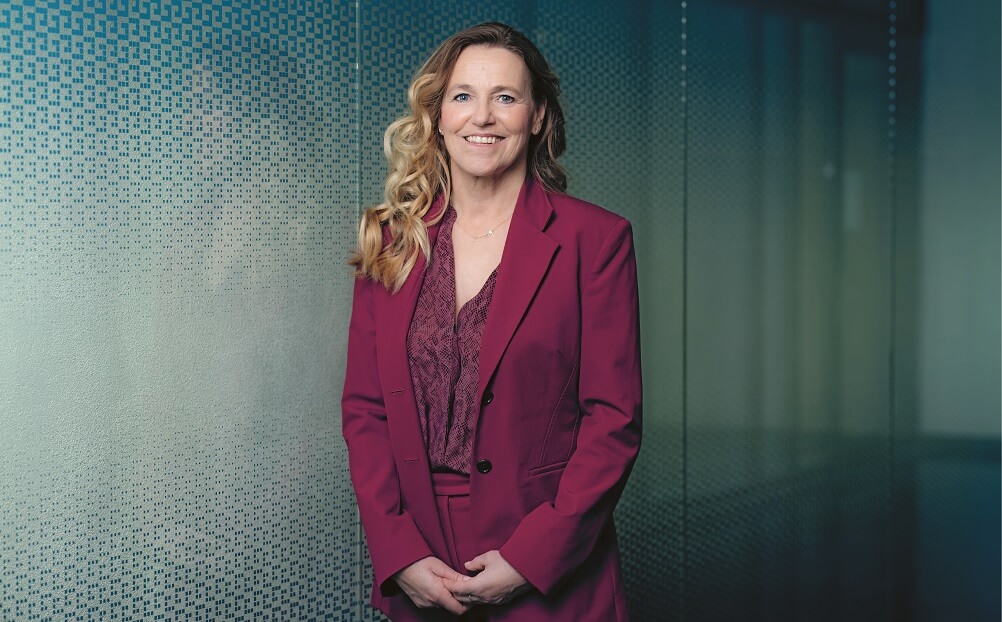
Willemien Terpstra (Gasunie): ‘Setting up new energy systems is the only way’
In 2025, hastening the energy transition is not only necessary to stop climate change. A green economy also strengthens Europe’s strategic autonomy. Under the leadership of Willemien Terpstra, Gasunie is building a future energy system. ‘We are at a tipping point, and we want to keep the industry on board.’
Read moreMost read

Frans Muller (Ahold Delhaize): ‘We Aim to Grow Faster Than the Market’
Under the leadership of CEO Frans Muller, Belgian supermarket chain Delhaize merged with the Dutch Ahold. Muller reflects with pride on that merger but is first and foremost focused on the future, as shown in the recently presented group strategy update.
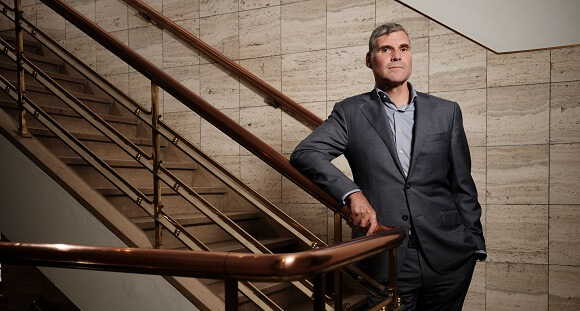
Harold Van Den Broek (Heineken): 'No Blank Cheques On ESG Designation'
Heineken's Chief Financial Officer, Harold van den Broek, is executing his strategic and sustainability agenda in a tumultuous climate of rising prices and pressured profit figures. According to the CFO, shareholder value creation will give way to stakeholder value creation.
Heleen Cocu-Wassink, Trudy Onland and Mariëlle Vogt: 'We need to learn to experiment'
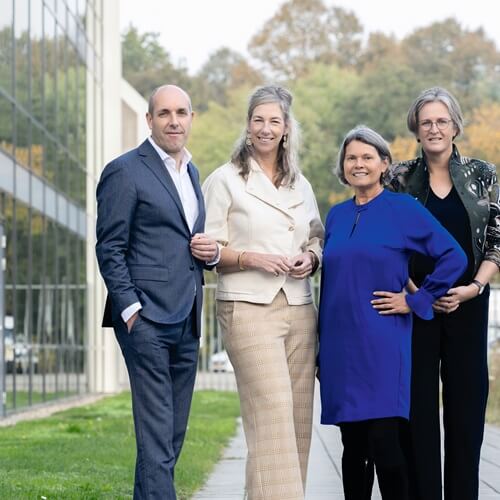
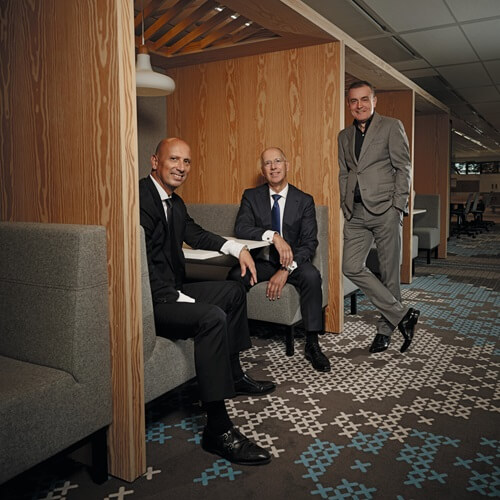
Ronald Paul and Tjark Tjin-A-Tsoi: ‘Do Not Nip Innovation in the Bud’
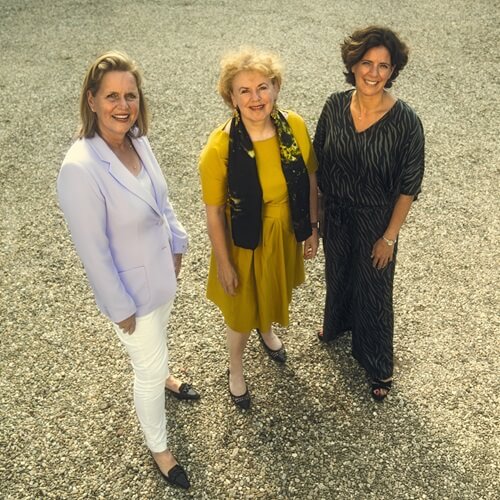
The Supervisory Director as Guardian of the Future
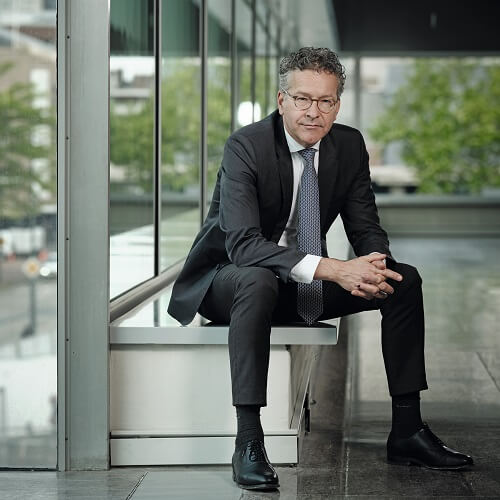
Jeroen Dijsselbloem (Mayor of Eindhoven): 'Pursuing Collaboration Opens Up Huge Opportunities'
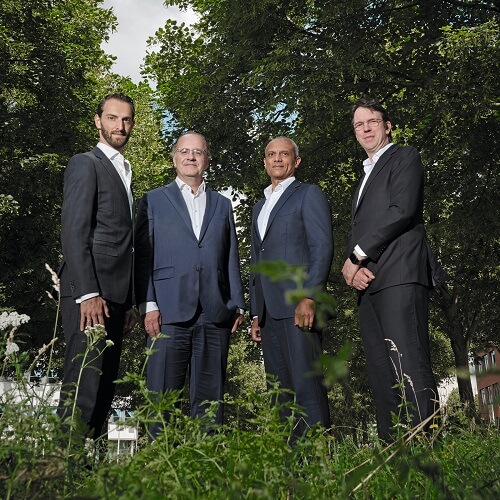
‘The Public-Private Partnership Has Evolved Into an Ecosystem’
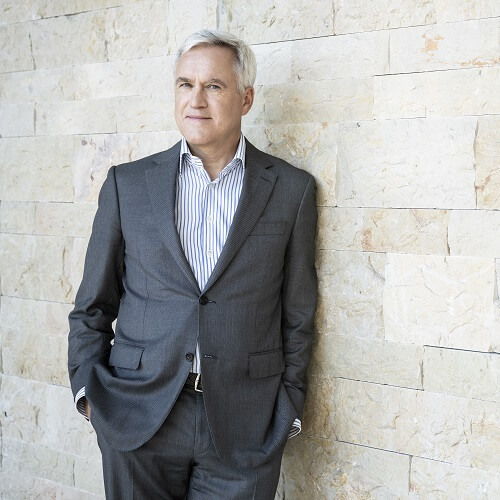
Frans Muller (Ahold Delhaize): ‘We Aim to Grow Faster Than the Market’
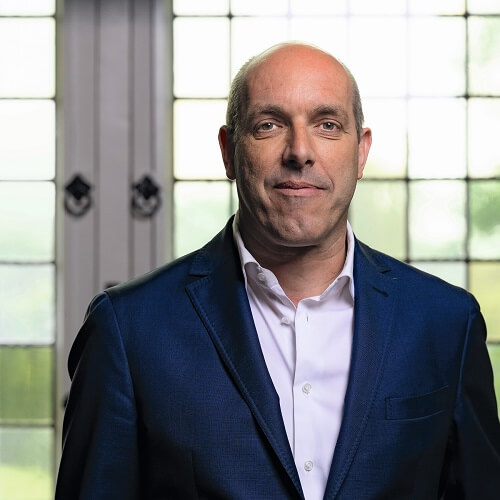
Hans Bongartz (Boer & Croon): ‘We Are Ready to Claim Our Seat at C-Level’
More cooperation in the supply chain is critical to make companies future-proof, says professor and supervisory director Kitty Koelemeijer. ‘It is in the DNA of entrepreneurs to be self-reliant, but the time of every man or woman for him or herself is over.’ She says the ESG criteria can be a ‘wonderful catalyst’ to get cooperation really off the ground. ‘That is not only good for the environment, but also for companies themselves.’
Companies can do far more in the fight against absenteeism, according to Danish entrepreneur, CEO of Insurance at Heart, Gitte Kristiansen. In her former role as Global Head of Pensions & Insurance at the internationally operating cleaning and facility company, ISS, she pioneered efforts to drastically reduce absenteeism.
Kitty Koelemeijer: ‘Becoming Future-Proof? Address The Supply Chain’
More cooperation in the supply chain is critical to make companies future-proof, says professor and supervisory director Kitty Koelemeijer. ‘It is in the DNA of entrepreneurs to be self-reliant, but the time of every man or woman for him or herself is over.’ She says the ESG criteria can be a ‘wonderful catalyst’ to get cooperation really off the ground. ‘That is not only good for the environment, but also for companies themselves.’
Gitte Kristiansen: ‘Absence Management Should Be on the Board Agenda’
Companies can do far more in the fight against absenteeism, according to Danish entrepreneur, CEO of Insurance at Heart, Gitte Kristiansen. In her former role as Global Head of Pensions & Insurance at the internationally operating cleaning and facility company, ISS, she pioneered efforts to drastically reduce absenteeism.

Gerben Everts (VEB): ‘Do Not Let Financial Analysts Guide You’
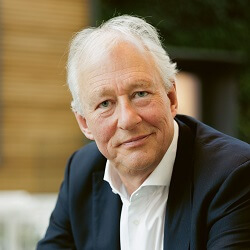
The First 100 Days as Supervisory Director at ASML
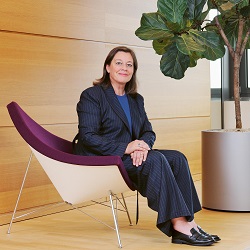
Dominique Hermans (Randstad): ‘Labor Must Go Circular Too’
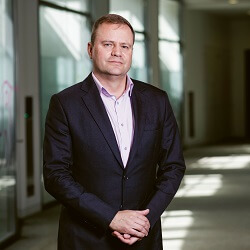
Willem Uijen (Unilever): ‘We Pursue Procurement With Purpose’
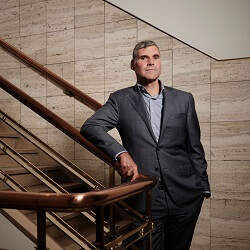
Harold Van Den Broek (Heineken): 'No Blank Cheques On ESG Designation'
